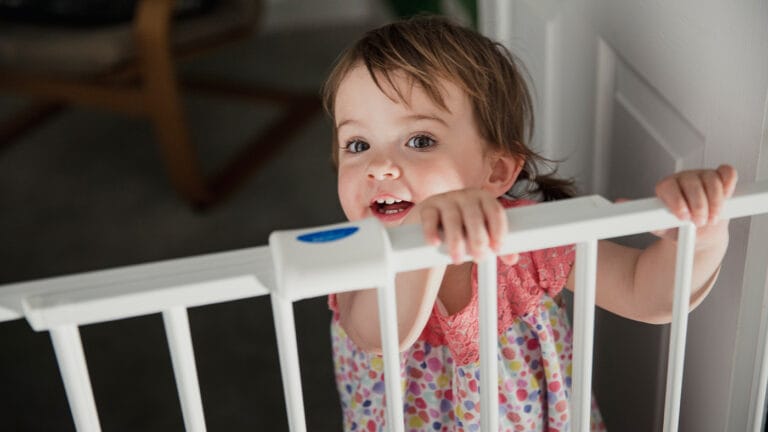School is out and it is time for SUMMER! Children love the summer months, mostly because there is no school, but also because they provide the perfect opportunity to spend lots of time outside. Whether it’s swimming, hiking, biking, boating, or camping there is something for everyone, no matter how young or old.
We want to take time to remind parents about some of the issues that present themselves during these summer months. Prevention is always the best medicine and with some planning and preparation summer activities can be done with a lot less risk to health and well being.
There are so many things to cover when it comes to kids’ summer safety, we’ll review just a few here. Please keep in mind that this is a brief list of general tips. For more personalized recommendations talk with your doctor about your child’s specific needs.
Water Safety
- Adult supervision is the best protection around water. Parents need to focus on their children 100% of the time. No distractions!
- Remember, no body of water, no matter how small is “drown-proof.”
- Keep in mind that children can drown in many different water sources, including bathtubs, toilets, buckets, baby pools, backyard swimming pools, community pools, streams, creeks, lakes, rivers, oceans, and other places.
Sun Protection
- Reduce sun exposure during peak hours (10 AM – 6 PM).
- Wear protective clothing and a wide-brimmed hat and sunglasses while out during these times.
- Don’t forget the sunscreen (on sunny and cloudy days)! Look for products with UVA and UVB protection and an SPF of at least 15.
- Sunscreen should be applied 30 minutes before going out in the sun, and reapplied every two hours (sooner if swimming, sweating).
- Stay in the shade whenever possible.
- Drink lots of water. Hydration is key when spending time in the hot outdoors.
Bug Bites
Different insects can be responsible for a variety of illnesses. These diseases can be very serious. Here are some ways to protect your family. Some suggestions include:
- protective clothing (long sleeves, long pants, tucking pants into socks)
- tick/bug repellant
- staying in the center of paths, keeping away from overgrown areas and not sitting directly on the ground
- Avoid being outside at dusk
- performing tick checks every day when camping
- being aware of signs/symptoms after insect bites (headache, fever, nausea, vomiting, rash)
- Call your doctor with any concerns or questions
Helmet Safety
- A helmet must be worn whenever a child is “on wheels.” ( bicycles, scooters, skates, rollerblades, skateboards and more! )
- helmet should fit properly
- helmets can be life-saving and protect a child from serious head injury
- moms and dads should wear helmets as well
Summer First Aid Kit
- Every family should have a first aid kit at home which is well stocked and readily accessible.
- keep a first aid kit in the car
- Don’t forget to restock the kit once an item has been used.
- Be sure to keep a list of emergency numbers accessible. This list should include: emergency medical services (911), the doctor’s number, the dentist’s number, poison control, a number for a designated emergency contact (family or friend).
Dehydration and Heat-Related Illnesses
- Keeping well hydrated is very important.
- Children (and adults) must remember to drink.
- Do not wait until a child says he is thirsty before offering fluids. At this point, he is already dehydrated, so be sure to provide plenty of fluids before going outside, while out in the heat and afterwards.
- Playing in the hot summer sun means lots of fluid losses, so reduce strenuous activity during peak sun hours (10 am- 6 pm). Look for shade and take lots of breaks.
- Seek medical attention immediately for any signs of heat-related illness.
Grilling
- Never let children near the grill. Remember, it can remain hot for a while after it is no longer being used.
- Be sure to check the internal temperature of foods on the grill, to be sure everything has been cooked adequately.
- If picnicking outdoors, avoid leaving out foods that require refrigeration and/or foods that can quickly spoil.
Get outside, get active and have a safe and fun summer.
Cody Hawkes DO
For more information on summer safety, please visit:
American Academy of Pediatrics
American Academy of Dermatology





